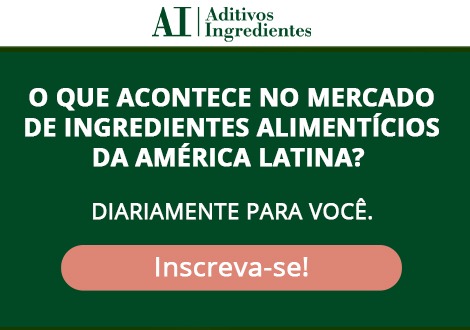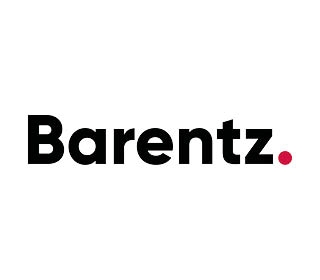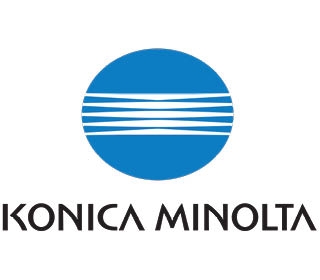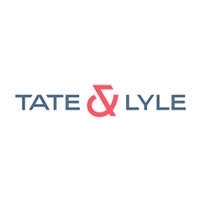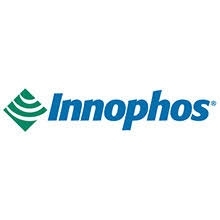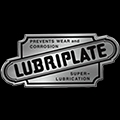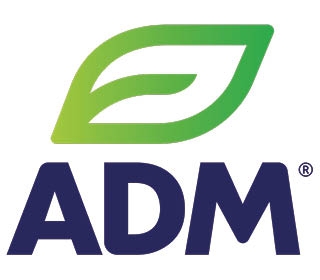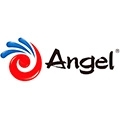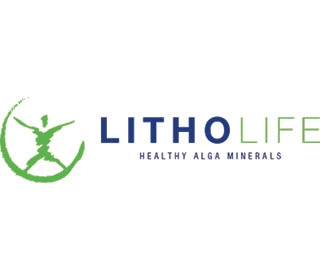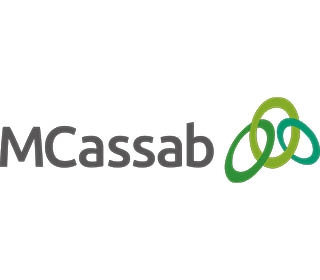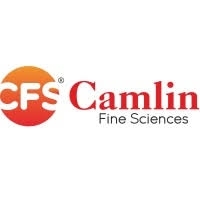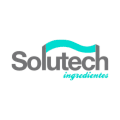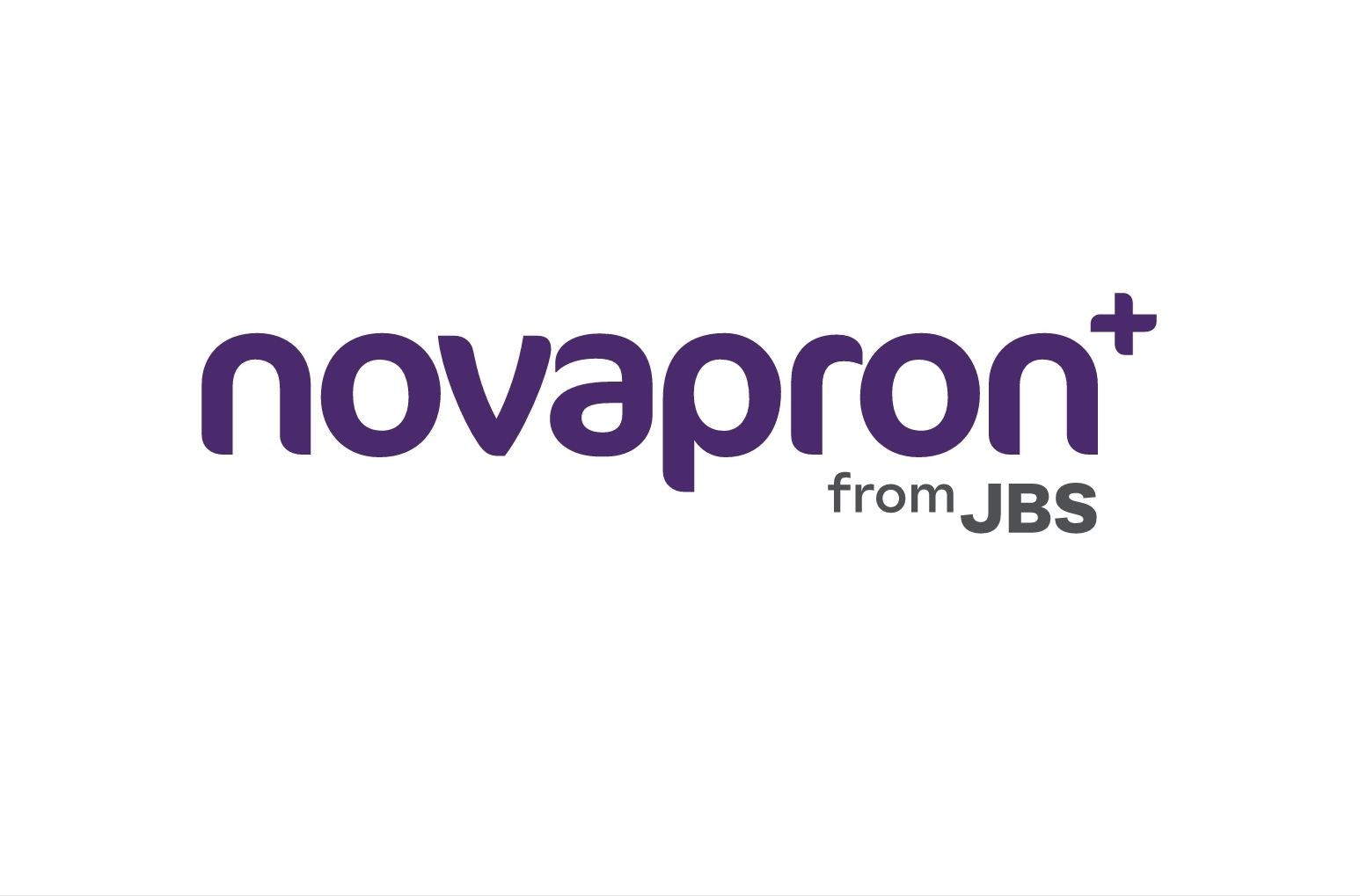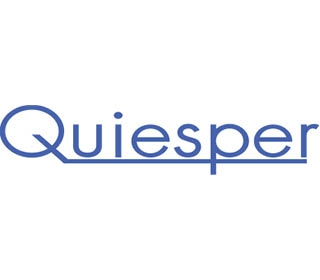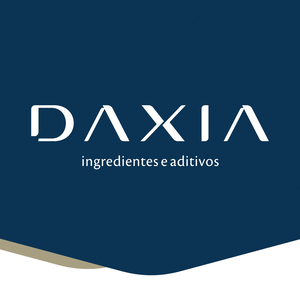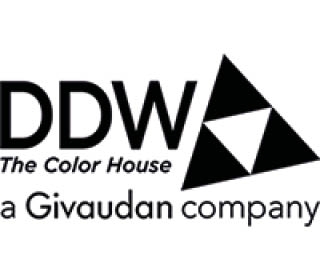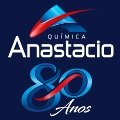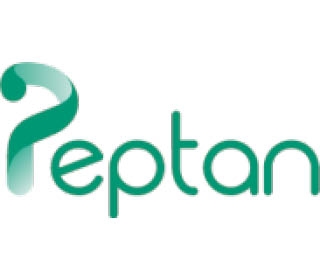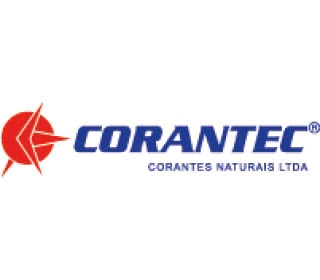Stevia deal: Ingredion to acquire 75 percent controlling stake in PureCircle
Ingredion is to acquire a controlling 75 percent stake in PureCircle, a US-based manufacturer of “next-generation” stevia leaf ingredients. Sugar reduction is part of Ingredion’s growth strategy, with the ingredients supplier pegging stevia as a core product. PureCircle has a proven track record for producing plant-based stevia, while this is Ingredion’s second significant announcement this week, closely following its plans to build an integrated modified starch facility in China designed to more than double its current capacity.
The deal is expected to close during the second half of 2020 subject to approval by PureCircle’s shareholders and receipt of the required regulatory approvals. Until the completion of the acquisition, Ingredion and PureCircle will remain separate, independent companies with separate product portfolios and go-to-market teams.
“Ingredion’s global go-to-market model combined with our formulation expertise will be highly complementary with PureCircle’s capabilities. We have tremendous respect for the business that PureCircle has built for nearly two decades and are excited to welcome them to the Ingredion family. We are ready to support this new phase of growth with stevia’s on-trend and sustainable solutions,” says Jim Zallie, President and CEO at Ingredion.
All of PureCircle’s ingredients begin with the stevia plant, which the company highlights as distinguishing its offerings from “stevia-like” synthetic sweeteners. The company works with farmers in Asia, Africa, Latin America and North America to grow and source its proprietary stevia plants. Last August, the company launched its own branded ice cream made with the natural sweetener, which it highlights as working well in dessert applications such as ice cream, as well as in a wide range of beverage and food products.
Sweeteners in general are currently trending as governments clamp down on dietary sugar levels. The US government’s dietary guidelines suggest “an eating pattern low in added sugar,” while the UK has already introduced a sugar tax on beverages. Meanwhile, consumers are also trying to cut down independently, with an Innova Consumer Lifestyle and Attitudes Survey finding that nearly seven out of ten consumers across the countries surveyed (US, UK, France, Germany, China and Brazil) have reduced their sugar intake.
“Breakthrough” in stevia formulation
PureCircle has developed and is now expanding the use of a “breakthrough” stevia leaf variety, which the company says will provide significant advantages compared to previous generations of stevia plants. With this higher yield, this new stevia variety is touted as cost-effective given that more significant ingredient quantities can be sourced from each leaf.
Globally, PureCircle has invested in research and development to obtain the grant of over 214 stevia-related patents, with more than 300 applied for patents pending. The manufacturer’s stevia sweeteners and flavor modifiers are supported by full vertical integration from a global network of agricultural partners. The company leverages a system of “advanced plant breeding” to extract the optimal tasting components of the stevia leaf.
Within the clean label sugar alternatives category, Stevia is expected to feature strongly across NPD this year. “With today’s trend and market focus on natural, plant-based, and clean label ingredients, we believe stevia and monk fruit are the most appealing sweeteners that meet these criteria,” Elaine Yu, President at Layn USA, told FoodIngredientsFirst in an interview on the leaf’s starring potential.
LastMarch, PureCircle was given approval for the expanded use and application of Reb M in Singapore. Moving forward, this will enable the company to participate in the 2022 mission to help eliminate 150 billion calories from the Singaporean diet by replacing 10 percent per capita sugar consumption with stevia-based ingredients.
“We at PureCircle are glad to have found a strong partner in Ingredion who shares our mission of encouraging healthy diets around the world and being the preferred supplier of high-purity stevia ingredients for the global food and beverage industry,” says Peter Lai Hock Meng, CEO of PureCircle.
“This acquisition should excite the current and potential customers of both companies, as the combined companies will be able to serve our customers with better services, wider product range and extend deeper into the global, regional and local markets,” he concludes.
Sugar alternatives proliferate
Also in the sugar reduction space, enzyme and fiber ingredients have emerged in the spotlight next to traditional sweeteners. At FiE 2019, DuPont highlighted its dairy enzyme, DuPont Danisco Nuric. This enzyme facilitates sugar reduction up to 35 percent, while generating prebiotic dietary fiber in situ through the natural conversion of lactose.
Using Nurica, manufacturers can fine-tune the sugar, fiber and lactose content of their dairy products to achieve multiple nutritional claims that benefit consumers who are either lactose intolerant or generally in search of healthier choices.
In the fiber space, Novozymes has launched Saphera Fiber, a new lactase enzyme to increase the content fibers in fermented and non-fermented dairy products, while also reducing sugar. The use of fibers in food and beverage launches is increasing globally, featuring a 12 percent year-over-year growth when comparing 2018 and 2017 launches, according to data from Innova Market Insights.
But the reality that sugar plays many roles remains challenging for sweetener formulators. In addition to providing sweetness, it also acts as a preservative – helping to extend the shelf life of foods and as a fermentation substrate. It is also important in the texture, structure, color, mouthfeel, viscosity and flavoring of foods.
Even while consumers may be moving away from sugar, sugarcane plantations may stand to benefit from demand from a different sector – packaging. Eco-Products, a Novolex brand, has recently introduced compostable trays made from residual sugarcane fiber as the latest addition to its line of foodservice products, targeting grocery stores and food processors.
